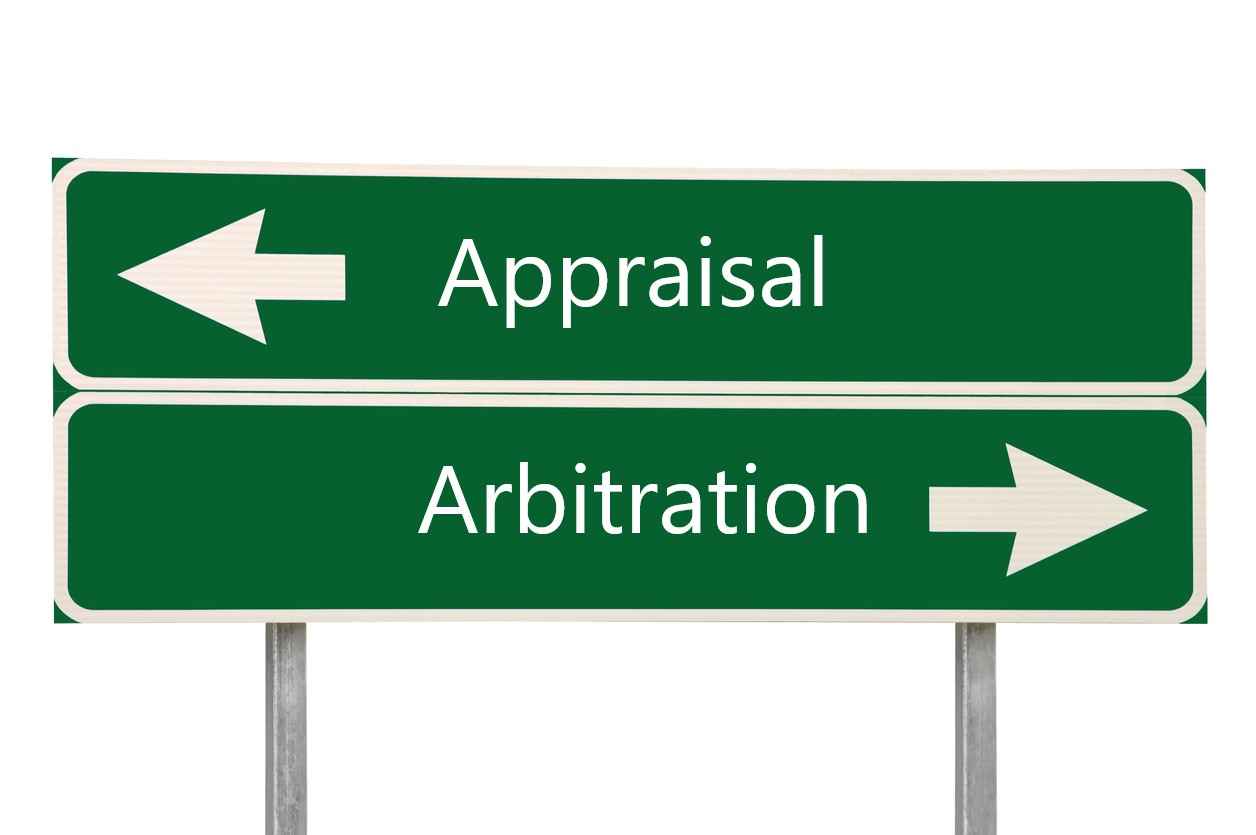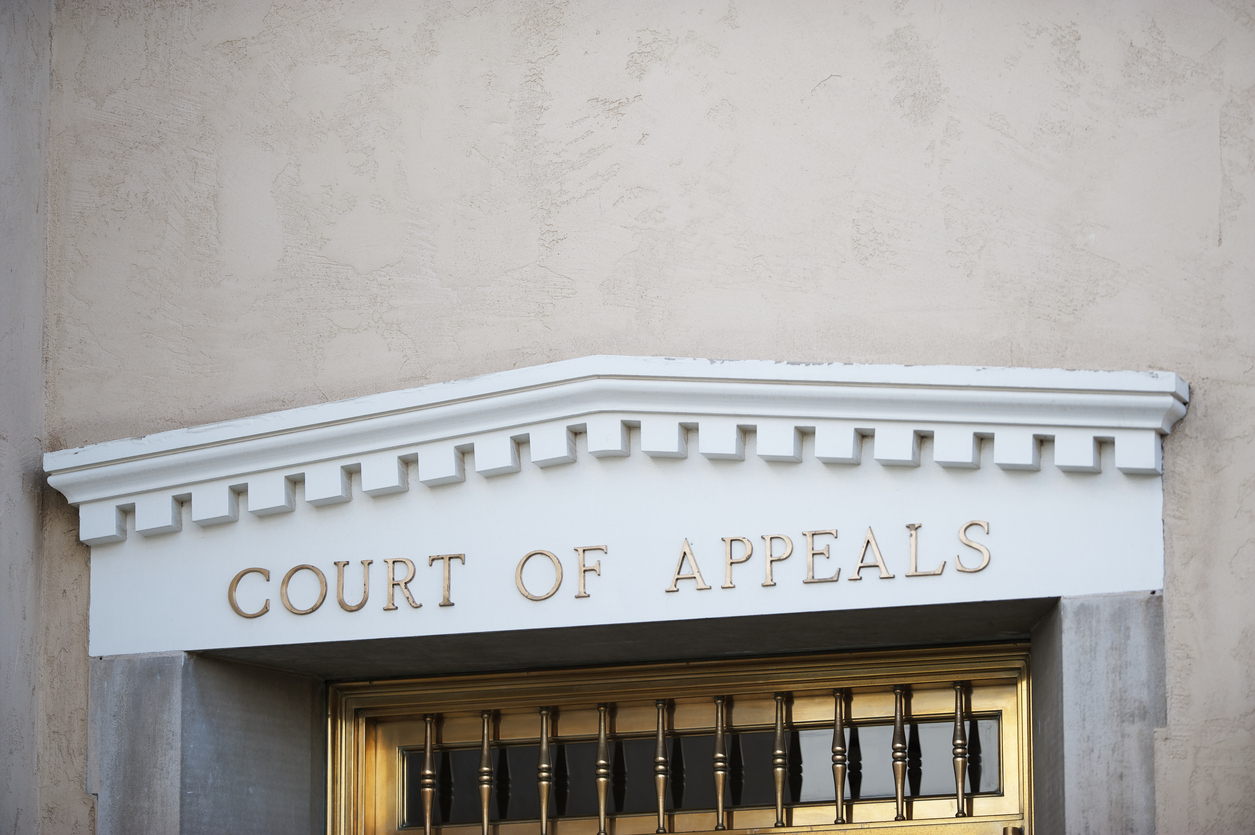Most property insurance policies have a requirement that in the event of the loss, documents will need to be provided to the insurance company. What documents must an insured provide? Often times, particularly in disputed claims, carriers will request a laundry list of documents. When this happens, digesting and responding can be overwhelming and an insured is left guessing if all these records are really necessary.
Policy language of this nature was evaluated by the Supreme Court of North Carolina in Chavis1 but as you will see in upcoming posts, determining what an insurance company is entitled to depends on the nature of the loss and the wording of the requests.
The policy language:
The insured, as often as may be reasonably required, shall exhibit to any person designated by this Company all that remains of any property herein described, and submit to examinations under oath by any person named by this Company, and subscribe the same; and as often as may be reasonably required, shall produce for examination all books of account, bills, invoices and other vouchers, or certified copies thereof if originals be lost, at such reasonable time and place as may be designated by this Company or its representative, and shall permit extracts and copies thereof to be made.
This policy provision has some very strict language: "shall produce …all books of account". This strong language doesn’t sound like an insured has much say in what he or she gives to the insurance company.
In Chavis, the insureds argued the scope of the request made by the insurance company was too broad. State Farm wanted the insureds to sign an all encompassing release of records:
AUTHORIZATION AND RELEASES OF INFORMATION AND RECORDS
I, Cecil K. Chavis and Vickie Chavis, do hereby authorize any representative of all banks and/or any type of lending institution which I have done any business with to consult with and/or deliver to any representative of State Farm Fire and Casualty Company any and all records referred to or requested by any representative of State Farm Fire and Casualty Company.
This the 4th day of December, 1981.
Before this release was requested, the insureds had already provided a detailed inventory of the items claimed, as well as bills, invoices, receipts, and other documents they had to substantiate the loss. Later, Mr. and Ms. Chavis were asked for tax returns dating back to 1975 and they complied. They balked at the all encompassing release and the trial judge ruled in favor of the insurance company when it argued the Plaintiffs had failed to comply as a matter of law with the policy.
In the appeal, the insureds conceded that under a contract of fire insurance in North Carolina an insured must provide all documents and information which relate not only to the loss itself, but also to the insured’s financial condition if a defense of arson is anticipated. The insureds argued, however, that the unqualified and unlimited authorization and release exceeded the scope envisioned by the legislature when it included the “production of documents” provision in the standard fire insurance policy of N.C.G.S. § 58-176.
The Court agreed that the Insurance Company’s request, as phrased was too broad:
In order to carry out the reasonable and relevant requirements in our statutory provision, we construe these particular terms of the policy to require the insurer’s request to be specific. The release form in the present case, requesting access to ‘any and all records’ in connection with ‘all banks and/or any type of lending institution’ with which plaintiffs had done ‘any business’ is simply unreasonably broad. It is this lack of specificity in defendant’s request and plaintiffs’ willingness to comply with all other requests which distinguishes this case from those cases cited by defendant in support of its position…
The law in North Carolina is not quiet settled when it comes to document requests… next week we will review other courts that found the insureds were in violation when they failed to give the insurance company records.
1 Chavis v. State Farm Fire and Cas. Co., 346 SE 2d 496 (NC 1986).



